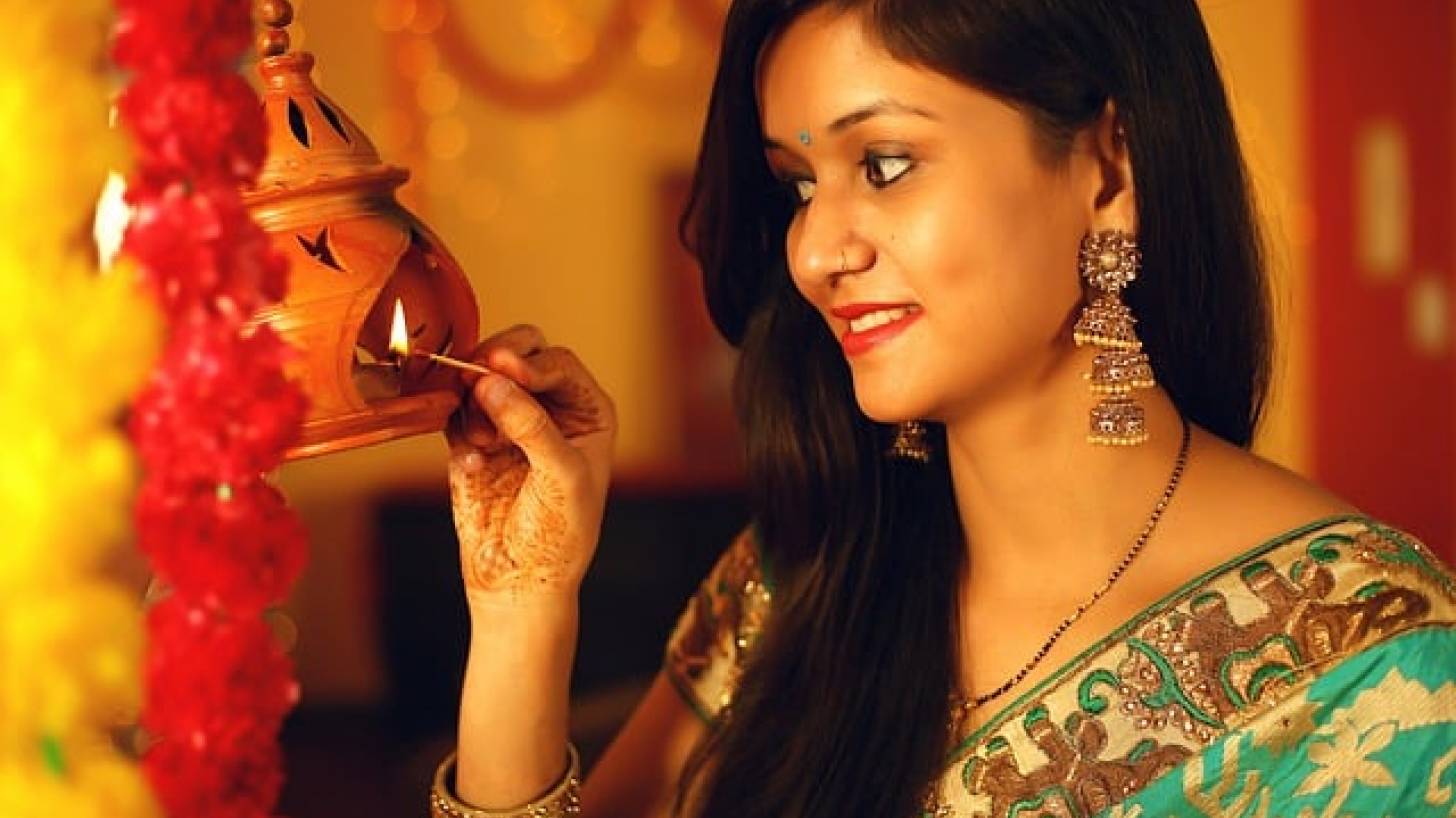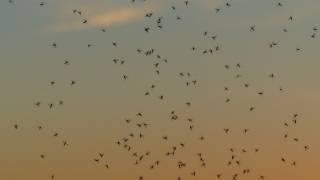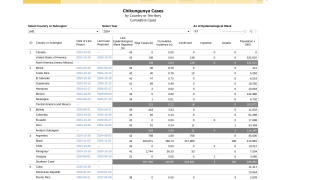Vaccination Protects Diwali Travelers from Disease

Diwali is a five-day festival of lights celebrated annually by Hindus, Sikhs, and Jains worldwide. Millions will travel abroad to celebrate this multi-day event with their families.
While Diwali is observed in various countries, India hosts significant outdoor festivities. The main celebration, Deepavali, will occur from October 31 to November 1, 2024.
Joining this event may increase the risk of exposure to unwanted viruses.
Throughout 2024, India has been reporting an increase in mosquito-transmitted diseases, such as chikungunya and dengue, with outbreaks of the Zika virus also being reported in some regions.
As of October 16, 2024, the U.K.'s TravelHealthPro Country Information pages offer advice on recommended vaccines and general personal safety guidance.
'If you need to see your GP, nurse, pharmacist, or attend a travel clinic, arrange an appointment as soon as possible. Even if time is short, last-minute advice is still helpful, and some vaccines and malaria tablets can be given just before travel.'
'If you have any current health problems, discuss your travel plans with your doctor or, if appropriate, a hospital specialist. Ensure you are prepared to carry medicines abroad, especially any prescribed drugs.'
'If you are pregnant or planning a pregnancy, check malaria and Zika risks at your destination, as catching these infections in pregnancy puts you and your baby at risk of serious complications.'
As of October 18, 2024, the U.S. Centers for Disease Control and Prevention (CDC) has included India in travel advisories regarding dengue, measles, and Zika viruses.
Additionally, the CDC says there has been recent evidence of chikungunya virus and Japanese encephalitis transmission in India.
Chikungunya vaccination with Valneva SE's U.S. FDA-approved IXCHIQ® single-dose, live-attenuated chikungunya vaccine may be considered for the following travelers: Seniors, especially those with underlying medical conditions, who may spend at least two weeks in indoor or outdoor areas where mosquitoes are present in India, and visitors planning to stay in India for a cumulative period of six months or more.
Furthermore, consider vaccination for travelers planning to spend less than a month in areas with Japanese encephalitis but will participate in activities that increase the risk of infection, such as visiting rural areas, hiking or camping, or staying in places without air conditioning, screens, or bed nets.
Most importantly, the CDC recommends people speak with a travel vaccine expert at least one month before traveling abroad.
Our Trust Standards: Medical Advisory Committee
























